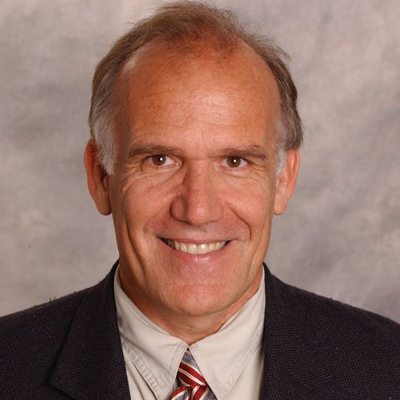Parts of Europe and North America seem to have lost their self-confidence. We see pacifism and appeasement in the face of external threats, anemic birth-rates that suggest hopelessness, anxiety about defending national borders, and overwhelming shame about the national past. Religious devotion is down, and the cultures of the West are fractured.
But the eminent military historian Victor Davis Hanson believes that Israel is the exception. With significant national resources devoted to defense, an above average birth-rate (even among secular Israelis), a society that fosters religious observance, a culture of military service and national readiness, all while maintaining a democratic government, a market-oriented economic system, and defending the rights of its Jewish and non-Jewish citizens, Israel today exemplifies the very civilizational confidence that other parts of the West need to recover. What are the reasons for Israeli exceptionalism, and can these cultural characteristics inspire a revival of moral confidence elsewhere? Victor Davis Hanson brings his extensive knowledge of ancient and modern history to bear on the role that the Jewish State can now play in the energizing the West.
